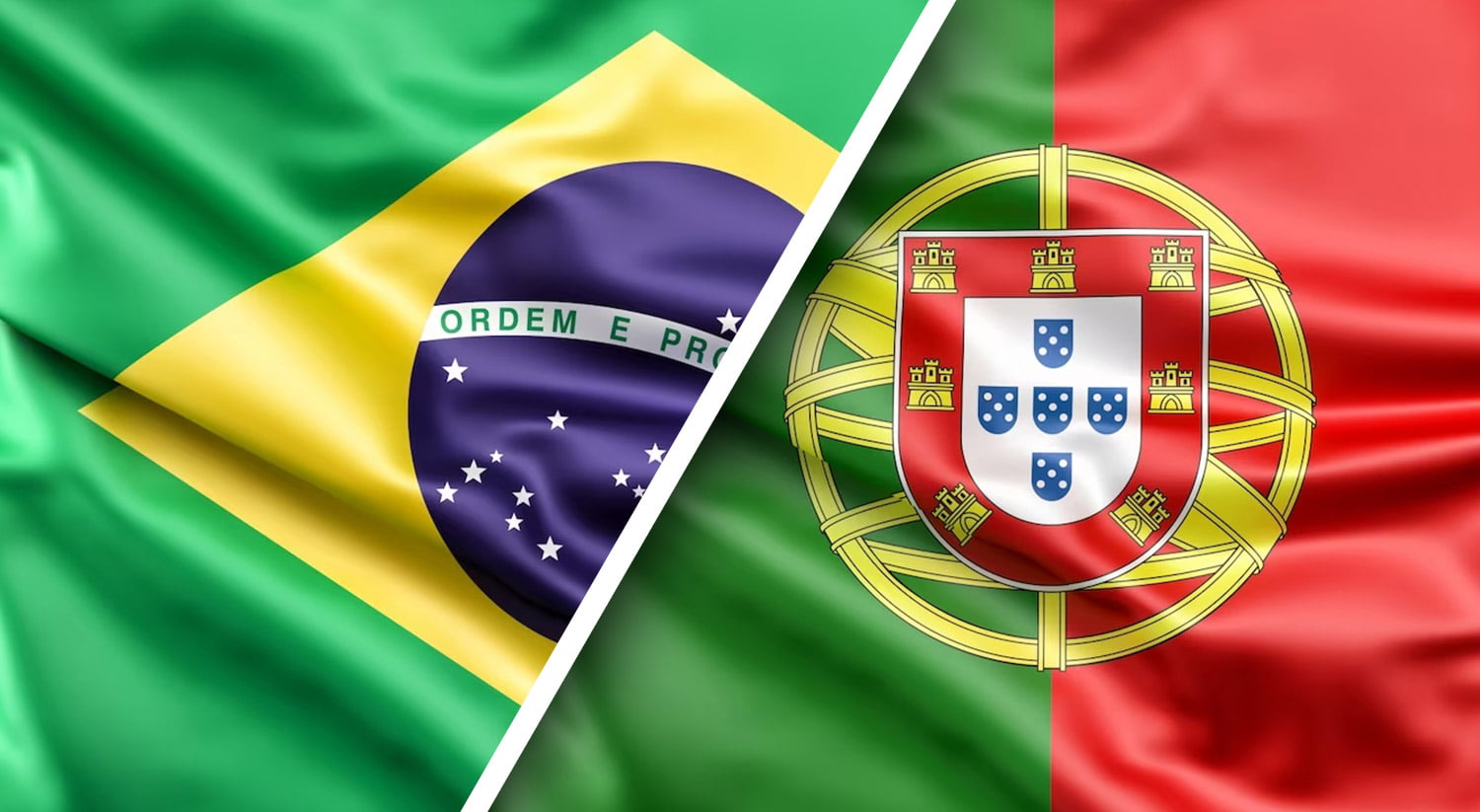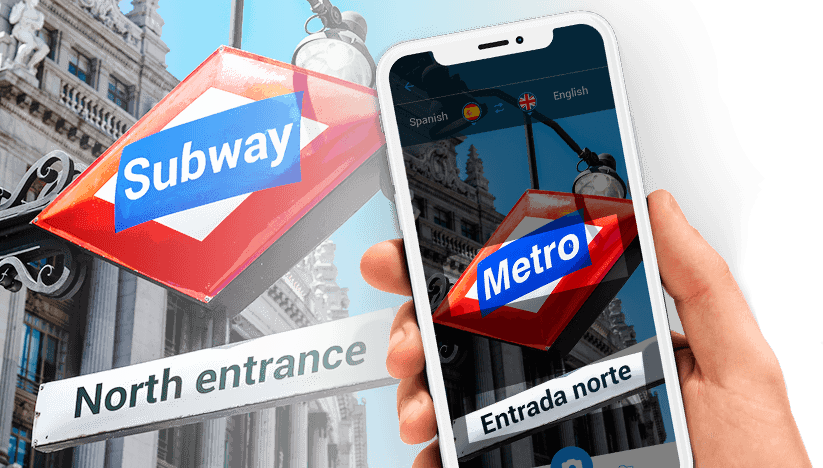
The differences between European Portuguese and Brazilian Portuguese are notable, yet they are two variants of the same language spoken by some 200 million people worldwide (most of them residents of Brazil).
Its vocabulary derives from Latin, with some Gaelic influences and loanwords from French and English. Speakers of European Portuguese could also understand much of the galician language and vice versa.
There are notable differences between European and Brazilian Portuguese, in terms of pronunciation and accent, grammar, vocabulary and expressions; below we will explain each of them.
Differences between portuguese: Pronunciation and accent
Brazilian Portuguese has a distinct musical quality when spoken in British English, whereas European Portuguese may sound less prominent. Brazilians tend to speak with wider mouth opening, leading to considerable phonetic variations between the two Portuguese variants.
Our team can help explain these differences to you.
- Sibilants: Certain regions of Portugal pronounce the final “s” as “sh”, while in Brazil it’s usually said more clearly.
- Nasal vowels: Brazil has a more nasal pronunciation of certain vowels compared to Portugal.
- Diphthongs: In Portugal, they tend to close diphthongs, while in Brazil they tend to open them.
- Rhythm and intonation: Brazilian Portuguese has a more melodic tone, while European Portuguese is faster and more monotonous.
- Pronunciation of “ts”: European Portuguese speakers typically don’t pronounce “s” sounds, but they do say “t” sounds like English speakers when they say “Tom”.
- Mute consonants: in Brazil, the verb Recepção is used to refer to what in Spanish is a reception. However, in Portugal it is Receção. It can be noticed how in Brazilian Portuguese the “p” is present while in European Portuguese the “p” is muted.
- A Brazilian speaker usually pronounces his “t” as “ch”: The word for milk in Portuguese is “leite” and a Portuguese speaker will say the word phonetically, while a Brazilian speaker will say it as “leiche “even though the word is spelled the same in both languages.
Grammar
Both European and Brazilian Portuguese share strong Latin roots, but each variant has developed distinct characteristics over time.
In this guide, we will provide an overview of these nuances.
- Use of the personal pronoun: In Brazilian Portuguese, it is common to use the pronoun “você” (you) to refer informally to another person.
However, in Portugal, it is more common to use “tu”, reserving “você” for more formal and distant situations. - Verb conjugations: In Brazil, people often opt for more simplified verb forms. For example, where a Portuguese would say “tu come”, a Brazilian might say “você come”.
- Prepositions: While in Brazil you would say “no Brasil” (in Brazil), in Portugal it is more common to say “em Portugal”.
- Gerundio vs. Infinitive: When expressing a verb in motion, Brazilian Portuguese speakers have their version of -ing, which is -ndo.
For example, when saying “I am running”, a Brazilian will say “Estou correndo”. The word for running is “correr” and a Brazilian will remove the last “r” and add “ndo”.
On the other hand, European Portuguese do not use -ndo. When saying “I am running”, a Portuguese will say “Estou a correr”. - Expression of something small and/or cute: European Portuguese speakers modify the adjective suffix by adding the particle -ita.
Thus, a Nena that is cute is expressed as “little girl”. In the same direction, in Brazilian Portuguese the suffix that is attached is -inha. ninininha. - Direct and indirect objects: In Portugal, it is common to hear “dá-mo” (give it to me), while in Brazil it would be “me dá”.
Vocabulary and expressions
The linguistic traits of both regions have evolved uniquely based on their respective societies, histories, and environments. Further exploration and investigation of these characteristics are necessary.
We want to show you these linguistic gems:
Portuguese from Portugal: It has some words and expressions that may be different or less common in Brazil.
For example, “automóvel” instead of “carro” (car), “comboio” instead of “trem” (train), “telemóvel” instead of “celular” (cell phone).
Brazilian Portuguese: Some words and expressions are specific to Brazil and are not used in Portugal.
Examples include “ônibus” instead of “autocarro” (bus), “bolsa” instead of “mala” (bag), “dinheiro” instead of “pasta” (money).
- Everyday words: Examples such as “geladeira” (fridge in Brazil) vs. “frigorífico” (in Portugal) are common. Or “calçada” which in Brazil is a sidewalk, while in Portugal it is a cobblestone street.
- Expressions: While in Brazil someone might say “Cara, que legal!” (Man, how cool!), in Portugal they would say “Pá, que fixe!”.
- False friends: There are words that, although similar, have different meanings: “Rapariga” in Portugal means girl, while in Brazil it can have a negative connotation, referring to a woman of questionable morals.
- Linguistic borrowings: European Portuguese, due to its proximity to other countries, has adopted words such as “computador” from English “computer”. Brazil, on the other hand, uses “computador” or “ordenador”.
At the conclusion of this analysis, we can see the richness and diversity of a language that, although shared, reflects the uniqueness and culture of each country that speaks it.
Dive in and discover more of these two fascinating variants of Portuguese and many other languages with Talkao!










Newsletter